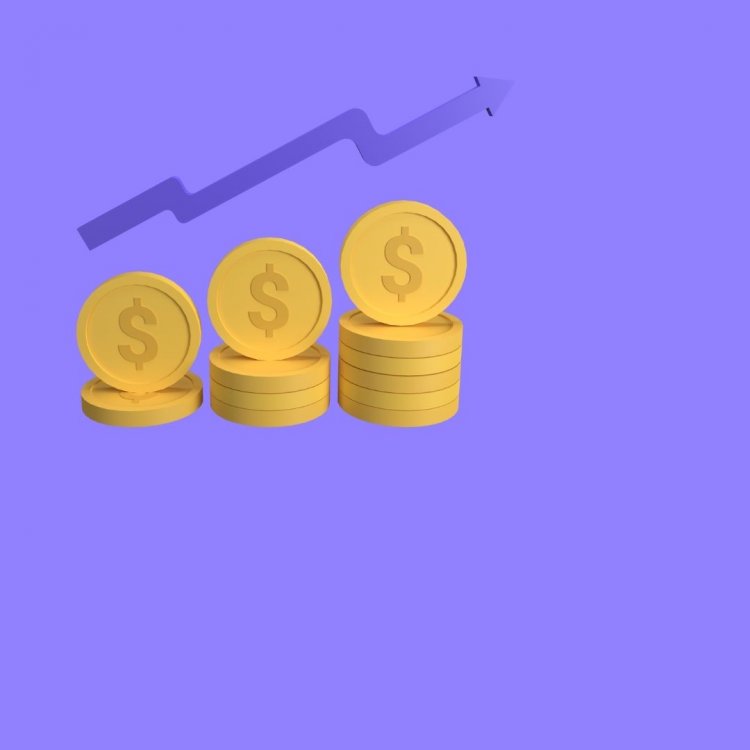Upty, a Tallinn-based re-commerce platform, announced on Monday that it has acquired its Finnish competitor Rekki in a cash and stock deal.
The Estonian company is also planning to launch a fundraising round in the coming months to accelerate its expansion across Europe.
The current acquisition will enable sellers and buyers looking to participate in eco-friendly fashion resale to benefit from more choices. According to Upty, the acquisition comes at a good time as the Extended Producer Responsibility (EPR) scheme is expected to come into effect by 2024.
As per the scheme, European trash collection companies will not be allowed to offload collected clothes to land fields. Upty says it is aligned with broader consumer and government trends toward textile reuse, recycling and waste reduction.
Post-acquisition, the Upty Group is planning to expand into Germany by year-end and into Poland, the Czech Republic, Netherlands, and Sweden over the next two years.
Rekki: What you need to know
Based out of Tampere, Finland, Rekki is a web marketplace for consumers who want to get rid of their clothes and accessories as easily and responsibly as possible.
Founded by Bertta Häkkinen and Tero Ylönen, The platform provides an alternative for people who want to consume sustainably and value brand clothes regardless of they being brand new or preowned.
Tero Ylönen, CEO of Rekki, says, “Rekki is thrilled to be joining forces with Upty. The Group has exciting and ambitious plans for the future, and we are looking forward to contributing to the development of circular fashion across Europe as we expand our reach.”
Upty: What you need to know
Dmitri Nogin founded Upty in 2020 to reduce consumption and impact on the environment from social everyday life. The company’s platform allows consumers to declutter their closets whilst also allowing them to purchase like-new items at a discount of up to 90 per cent.
Upty CEO Sergei Brek says, “Adding a well-established e-commerce player like Rekki to a fast-growing Upty platform marks the creation of a serious circular economy player, not just in the geographies where we currently operate but across all of Europe as eco-friendly fashion practices continue to gain traction in the market.”

















